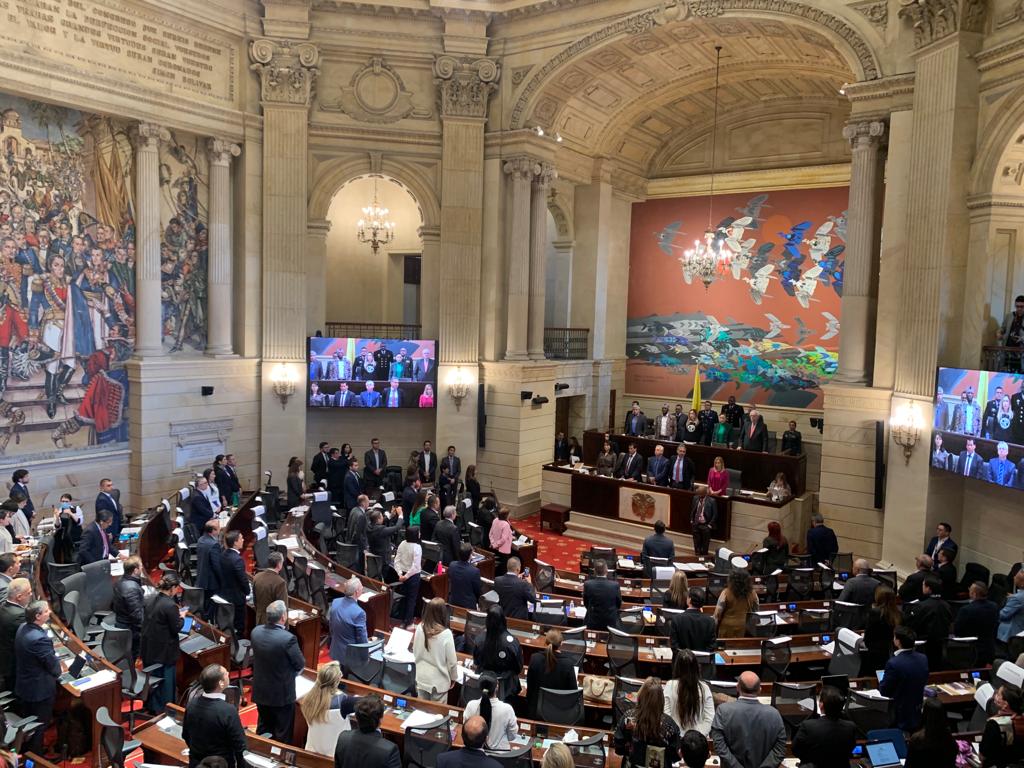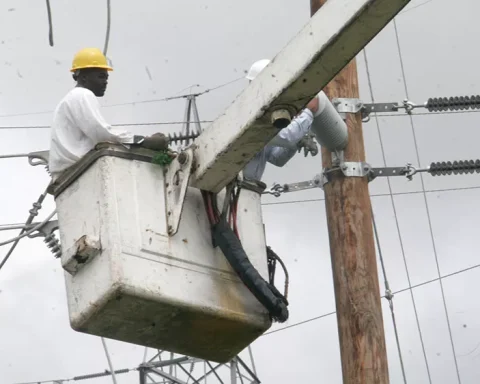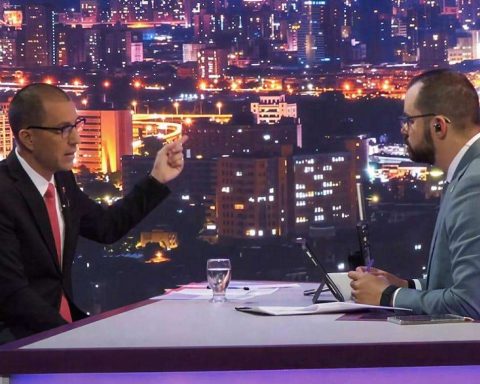The Minister of Justice, Luis Cordero, stated that the Government of President Gabriel Boric has closed the chapter on the pardons granted by the President to 12 people convicted of crimes in the context of the social outbreak and to the ex-frontist Jorge Mateluna. “The Government considers this chapter closed,” he ratified.
The foregoing, after the Constitutional Court (TC), rejected the two requirements presented by a group of senators from Chile Vamos and the party in formation Democrats, who alleged the unconstitutionality of the measure.
You may also be interested in:
In this sense, the head of Justice reflected that “there are multiple lessons from what has happened.” In his opinion, one of them is the one-person nature of the presidential pardon, which “is an error in the Chilean institutional system.” “Holding the power to pardon a person as a one-person decision is probably a very big strain on the institutional system,” he said.
However, he declared that “citizens should be calm”, since the pronouncement of the Constitutional Court “demonstrates that the exercise of constitutional power has been exercised in accordance with the Constitution and the law”. “It is the responsibility of the State – given the type of pardon that was given – to maintain vigilance and compliance with the conditions, through the Gendarmerie social reintegration centers, with respect to those people who were pardoned.” Lamb added.
“No government, since the return to democracy, has exercised the power of pardon without public conflicts. Each administration has had problems around this,” he commented.
On the other hand, the Secretary of State recalled that “under the Constitution of 1833, the President of the Republic could only grant pardons with the prior agreement of the Council of State, which was an administrative institution.” In this sense, Cordero emphasized the current constituent process and possible changes in this matter.
“The experience of this process, but also of the processes of the last three decades, probably force us to think in a different way about the exercise of this power, essentially due to the pressure that falls on a person’s decision,” he commented.
“I believe that this process coincides, if one wanted to look at it forward, with the constituent debate, and I believe that it is good to reflect on this process,” added the head of Justice.
It should be remembered that the Constitutional Court rejected on Tuesday the two requests for unconstitutionality against seven of the 13 pardons granted by the President gabriel boric to those convicted in the framework of crimes during the social outbreak and to the ex-frontist Jorge Mateluna.
The first requirement regarding the particular pardons granted to Bastián Campos, Claudio Romero, Felipe Santana and Brandon Rojas, were for rejecting the requirements by the president of the body Nancy Yáñez, and the ministers Nelson Pozo, María Pía Silva, Miguel Ángel Fernández, Rodrigo Pica and Daniela Marzi. Meanwhile, those who were about to accept the challenges were the ministers Cristián Letelier and José Ignacio Vásquez.
On the other hand, and regarding the benefits granted by the President to Jorge Mateluna, Luis Castillo and Jordano Santander, those who were about to reject were President Yáñez, Nelson Pozo, María Pía Silva, Daniela Marzi and Rodrigo Pica. Those who were about to host were Miguel Ángel Fernández, Cristián Letelier and José Ignacio Vásquez.
The “plan B” of Senators RN to invalidate pardons through administrative channels
After the TC’s decision, senators from Renovación Nacional, headed by the party’s president, Francisco Chahuán, argued that beyond the ruling of the body, the appeal for administrative invalidation will continue to nullify the benefits granted by President Boric.
“The President of the Republic pardoned common criminals without indicating it in the decrees, with erroneous quotes from the norms on which he based them, but we maintain the resource for administrative validation subsisting, and I hope that he defines if he is on the side of the victims or the perpetrators, on the side of common sense or those who insist on common crime,” declared Senator RN.
Complementing the above, the parliamentarian expressed that “we abide by the rulings of the Constitutional Court; but, as the appeal for invalidation continues, the President still has room to back down.”
On the other hand, Senator Paulina Núñez asserted that “the rulings of the Courts of Justice must always be respected.” However, she commented that “but that’s not why they can’t always be shared, and this is a mistake that we don’t share.”
“Beyond the ruling, there is no doubt that those pardoned are a danger to society and it seems very relevant to me that having a resolution of the TC, the President can back down for what worries all Chileans today, that it is to be able to live more calmly, to recover public order”, concluded the parliamentarian.


















